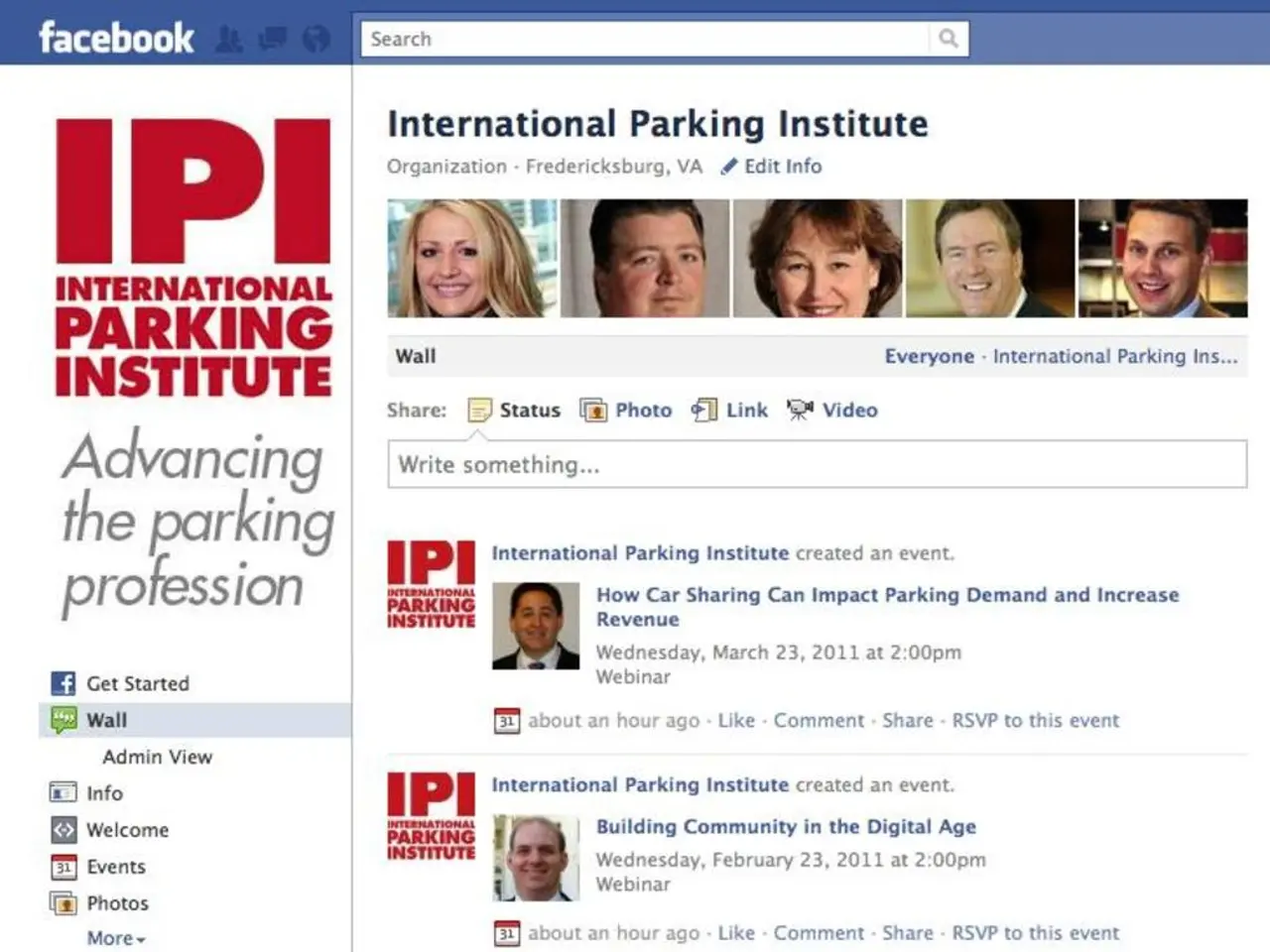Examination of Personal Wellness and Learning Prioritizes Individuals, Disregarding Ideological Beliefs (According to Caccia)
In a series of interventions at the high-level political forum sessions held on July 14 and 15, Archbishop Gabriele Caccia, the Holy See's Permanent Observer to the United Nations, emphasised the importance of a holistic and integrated approach to achieving health and well-being for all, as well as promoting gender equality and women's empowerment.
The sessions were dedicated to Sustainable Development Goals (SDGs) 3 and 5, respectively. Archbishop Caccia highlighted the equal and inalienable human dignity as the foundation for these efforts, citing the declaration "Dignitas infinita" from the Dicastery for the Doctrine of the Faith.
Addressing SDG 3, the Holy See highlighted persistent inequalities in healthcare access, including maternal mortality and mental health issues. It stressed that health must be understood beyond the absence of illness to encompass full well-being. Integrated policies are needed that recognise the interdependence between health and other goals such as poverty reduction, nutrition, education, water and sanitation, and development financing.
The Holy See called for policies that support and protect families, motherhood, and fatherhood alongside promoting gender equality. It opposes treating gender equality solely as individual autonomy divorced from family relationships and responsibilities, instead advocating for valuing the complementarity between men and women within the family as the fundamental societal unit.
In terms of SDG 5, the Holy See asserts that gender equality is rooted in the equal God-given dignity of men and women. However, it cautions that mere recognition of this equality is insufficient; practical conditions must be created to allow the integral development of women and girls, including access to quality education, healthcare, decent work, and participation in all spheres of life.
Archbishop Caccia emphasised that full equality for women requires conditions for their integral development, such as access to quality education, medical care, dignified employment, and public life. He warned against reducing women to instruments of economic or political agendas.
Progress towards achieving SDG 3 remains unequal. Health must be guaranteed for the most vulnerable members of the human family, including the unborn, children, the elderly, people with disabilities, migrants, and those living in conflict zones. Many mental health issues remain invisible, and millions still lack access to basic medical care. Maternal mortality rates are stagnant.
The 2030 Agenda aims to achieve health and well-being for all and promote gender equality and women's empowerment. The Holy See's perspective on SDGs 3 and 5 promotes a family-centered, dignity-based framework advocating integrated policies that simultaneously support health, education, economic opportunities, and family life, ensuring the protection of the vulnerable and the integral human development of all, especially women and girls.
- The Holy See underscores the need for integrated policies that encompass mental health as part of overall health and well-being, considering its importance beside goals like poverty reduction, education, and development financing.
- Recognizing that women's empowerment and gender equality are vital, the Holy See advocates for education and self-development opportunities, emphasizing their significance in promoting personal growth and the integral development of women and girls.
- In order to facilitate mental health for all, policy proposals should focus on supporting and protecting families, motherhood, and fatherhood, and not solely treat gender equality as individual autonomy, divorced from family relationships and responsibilities.




